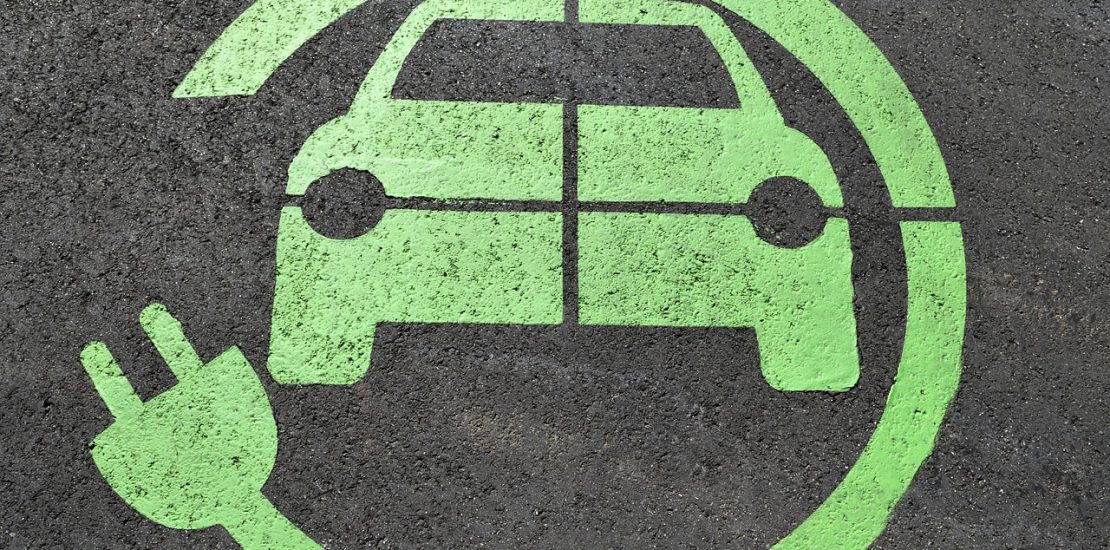- September 18, 2023
- Posted by: Florence
- Category: Uncategorized

During her annual State of the European Union speech on 13 September 2023, the President of the European Commission, Ursula von der Leyen, announced that “the Commission is launching an anti-subsidy investigation into electric vehicles coming from China.” An anti-subsidy measure (i.e., countervailing duties) is one of the trade defence instruments that a World Trade Organization (WTO) Member can use to protect domestic production against international trade distortions. Below, we explain key elements of the EU anti-subsidy investigation.
Background
Trade defence instruments (TDI), namely anti-dumping, anti-subsidy and safeguard measures, are mechanisms designed to protect European production and sales on the EU market against imports of products that are unfairly priced. TDIs are used to restore fairness and a level playing field. The EU’s TDIs are based on the WTO agreements and are transposed in the EU legal order by the Anti-Dumping Regulation, the Anti-Subsidy Regulation and the Safeguards Regulation.
EU anti-subsidy investigation
What is subsidy? A subsidy is a financial contribution by a government or a public body conferring a benefit to the specific recipient (e.g., a company, an industry or a sector as a whole). It can take various forms, such as grants, loans, tax credit, debt forgiveness, provision of goods/services or purchases of goods for less/more than adequate remuneration. A subsidy may also take the form of any income or price support.
Investigation based on complaint or ex officio investigation: Once the European Commission receives a valid complaint from an EU industry, providing sufficient prima facie evidence that a country is subsidising companies exporting a particular product to the EU and that this is causing injury to the EU industry, the Commission will launch an anti-subsidy investigation within 45 days. Alternatively, in special circumstances, the Commission may also initiate an ex officio investigation on its own initiative without having received a complaint from an EU industry if it has sufficient evidence of subsidised imports causing injury to European industry.
Initiation: An investigation is officially launched when a notice of initiation is published in the EU’s Official Journal. The notice of initiation provides details on the product under investigation, the country to be investigated, the rights and obligations of interested parties to the proceeding and relevant deadlines. The deadlines start to kick in from the publication of the notice of initiation.
Questionnaires, sampling and verification visit: When the notice of initiation is published, a questionnaire is made available to exporters and authorities in the country concerned, to EU producers and importers and to users. When there are more companies than can be investigated, the Commission will sample the largest ones. The deadline for replies to the questionnaire is typically 37 days from the Commission’s determination of the sample. After reviewing the questionnaires, the Commission will conduct on-spot verification to check the submitted data.
Non-cooperation: While exporting producers are not required to submit a response to questionnaires, those that do not reply to the questionnaire are considered to be not cooperating with the investigation. The Commission will continue the investigation and may use other information available. The duty imposed on a non-cooperating exporter will be a high punitive duty. Cooperating exporting producers receive a duty calculated based on the data they have submitted if they are in the sample, or a weighted average of the duty of the sampled producers for all non-sampled companies.
Timeline: The Commission completes the investigation within 13 months from the initiation of the investigation (i.e., from publication of the notice of initiation in the Official Journal of the EU). Provisional duties may be imposed earlier, but no later than eight months from initiation. Duties can sometimes be imposed retroactively, but only if the Commission decides to require the registration of the imports, and retroactive imposition can cover imports made before registration was ordered.
Result: If the investigation reveals the existence of subsidies causing injury to the EU industry, the Commission will impose countervailing measures, which, as in the case of dumping, will take the form of additional duties at the border to offset the negative effect of the subsidies and restore a level playing field on the EU market. Countervailing measures last for an initial period of five years. The measures can be – and often are – extended for an additional period of five years.
Looking ahead
As the Commission announced an anti-subsidy investigation, this investigation will be the ex officio investigation. The anti-subsidy investigation on electric vehicles originating from China is likely to be initiated in the days or weeks to come. The investigation will be officially launched when a notice of initiation is published in the EU’s Official Journal. To be heard and to impact the outcome of this investigation, active cooperation with the European Commission is essential.
Any questions? Please do not hesitate to contact Reed Smith’s trade and customs team in Brussels or on of the authors of this article:

